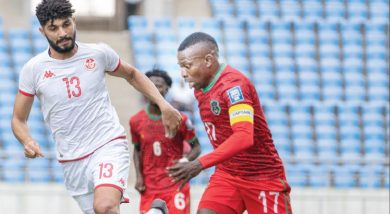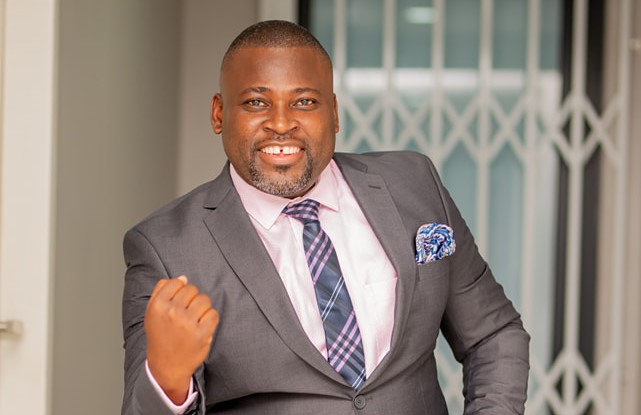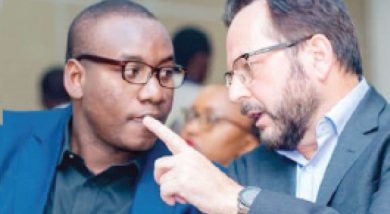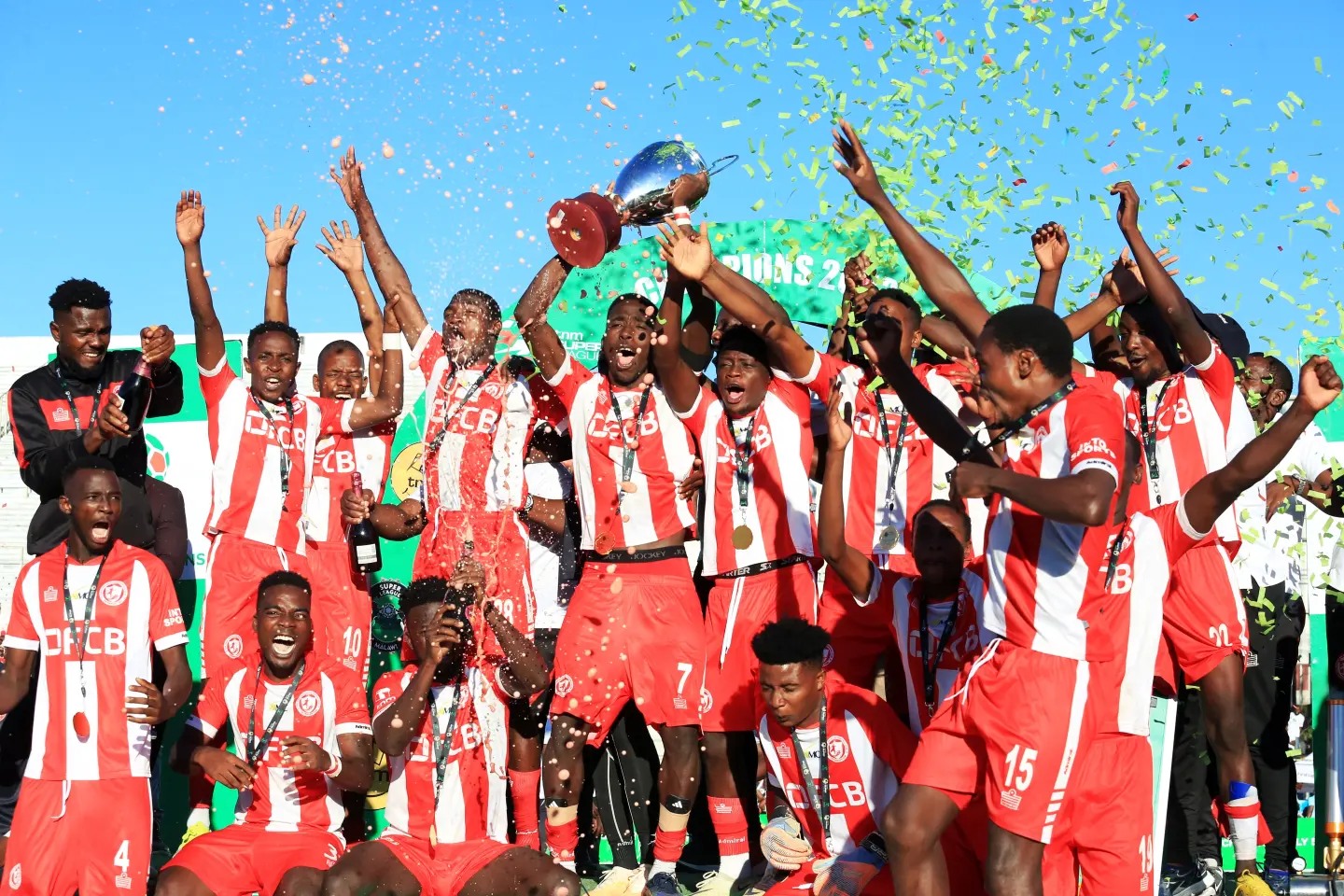FAM head explains his case on Kinnah’s firing
 The sacking of Flames coach Kinnah Phiri and his backroom staff on Saturday received mixed reactions. Some celebrated the development while others felt Kinnah and company were failed by FAM; hence, heads must roll there, too. Sports Editor Michael Mmeya sought FAM president Walter Nyamilandu’s views on the matter.
The sacking of Flames coach Kinnah Phiri and his backroom staff on Saturday received mixed reactions. Some celebrated the development while others felt Kinnah and company were failed by FAM; hence, heads must roll there, too. Sports Editor Michael Mmeya sought FAM president Walter Nyamilandu’s views on the matter.
As FAM president, what justification do you have for firing Kinnah Phiri and his backroom staff because of Flames’ poor performance?
First and foremost, I must say that it is unfortunate that we had to part ways with Kinnah Phiri who will remain a legend for having guided Malawi to the Africa Cup of Nations in 2010. However, the poor run of results was of great concern and we could no longer maintain his services because there was no end in sight. When we returned from the Africa Cup of Nations in 2010 from Angola, the Flames could not find their winning ways. The statistics speak for themselves. We all kept living against hope that we would turn the corner, but unfortunately the results were not forthcoming.
Subsequently, the trust and confidence that we had in the coach was eroded and we could no longer give him the benefit of doubt. It would have been a great injustice to continue with him when the working environment was becoming too hostile and when trouble was brewing. So, we had to intervene and save the situation.
Some quarters feel the panel was not wholly to blame since more often than not, it did not receive the required support from FAM?
We were faced with a situation where, technically, we were not getting it right and the insufficient funding by Malawi Government was not helping the cause either. So, something had to give in in order to turn around the situation. I believe the changes that have been made will impress upon our traditional sponsors to inject additional funds to the national team. So, it is indeed true that the coach is not entirely to blame. The country needs to demonstrate its seriousness by matching its expectations for greater things with increased funding. This lip service will not take us anywhere and it is high time the politicians walked their talk; otherwise, it is easy to pass the buck and to use individuals such as the coach as a scapegoat.
Why should you remain in office when the technical panel has failed under your leadership?
The coach is the captain of the ship, and as owners of the ship, we have the right to bail out the ship having noted that the captain is sailing in troubled waters. We have no direct control over the performance of the team because we do not coach the team. Being a specialised field, this is left to the technicians who have the right technical know-how and expertise. Our area of responsibility goes beyond management of the national team and includes other footballing matters such football administration, organisation of competitions and development of the game itself.
Why has FAM continued to depend on government funding when it has a fully fledged commercial department?
The income we generate through fundraising initiatives is meant to complement government funding and the grant from Fifa. In any case, the income that is realised from such commercial venture is not enough to run the national team. You might wish to know that such income largely goes towards subsidising our operational activities because the annual subvention from Fifa is not adequate. The demands of football are huge and FAM does not have the capacity to fulfil all its requirements. We believe that it is government’s responsibility to ensure that social programmes such as the national team are well supported and given an opportunity to be competitive.
Apart from the replica jersey fund-raising project, what else is there to show for the jobs of the people in the association’s commercial department?
I must say that we have to a reasonable extent tapped on all available avenues that are at our disposal. You will have noted that we always try to maximise revenue from gate takings of both local and international matches though the environment we operate in lets us down at times. For most of the high-profile matches that are played at home, we have sold the rights to international broadcasters at a very good price. In modern days, the money spinner in football is through sale of TV and broadcasting rights, but unfortunately, Malawi football is unable to exploit this potential because local TV is deemed to be a free public service. I am, however, delighted to see that the replica jerseys have been well received by most Malawians and, hopefully, this will provide us with a steady and reliable source of income.
Why is FAM failing to attract support from the corporate world as is the case in some neighbouring countries
I must say that a lot of countries within the region do not enjoy corporate sponsorship, for example, Zimbabwe and Mozambique. They largely rely on government subvention. If there is no strong political will to develop the game of football, most countries struggle unless the countries are strong economically. Zambia is an exceptional case because the national team has a separate budget that is approved by Parliament. So you will see that they are benefitting from a strong political will and a strong coal mining industry. Let me disclose that we have approached all the big corporates in Malawi to sponsor the Flames, but those that are keen have preferred to sponsor competitions or the big football clubs because the national team is deemed to be a political tool. The huge sponsorship budget that is required to support the team is also a major deterrent at a time the economic meltdown is biting hard on the performance of most companies.
How long should Malawians wait to see improvement in the Flames’ performance?
I cannot guarantee that if we hired somebody of the calibre of Jose Mourinho, the performance of the Flames will improve over night. It all depends on whether funding towards the national team will increase significantly to allow for thorough preparations. Improvement in the performance of the national team is also a shared responsibility because when the team wins, we all share the glory. There is, therefore, a need to create a conducive environment by formulating policies that will enhance the standard of play of football rather than stifle it.





